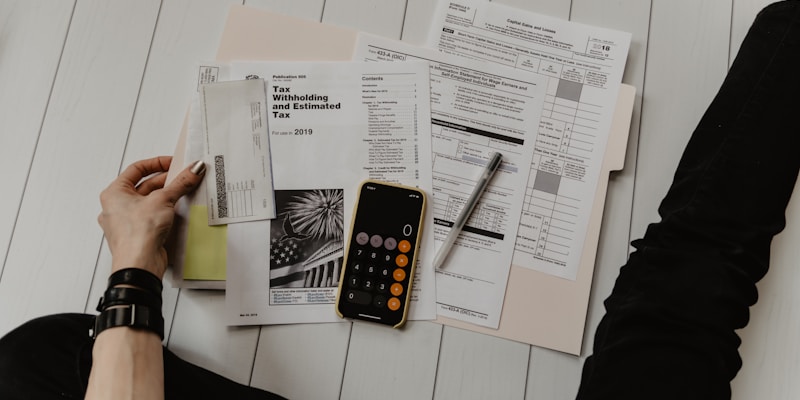How to Build a Budget That Actually Works for Your Life

How to Build a Budget That Actually Works for Your Life
Introduction: The "Where Did My Money Go?" Problem
Ever look at your bank account and wonder, "Wait… where did all my money go?"
Yeah, same. For a long time, I felt like my money disappeared faster than I could earn it. I wasn't spending on anything huge, just small things here and there. But those small things added up fast.
That's when I realized I needed a budget, not something boring or restrictive, but a plan that actually fit my life and goals. Building a budget isn't about cutting out fun. It's about making your money work for you instead of wondering where it went.
Step 1: Know What's Coming In and Going Out
Before you can make a plan, you need to know what you're working with.
Grab your notes app or a piece of paper and list two things:
- Your income: money from your job, allowance, or side hustles.
- Your expenses: everything you spend money on, like food, gas, clothes, subscriptions, and so on.
It might surprise you to see where your money actually goes. Sometimes we underestimate how much those "just $5" moments really add up.
Step 2: Use the 50/30/20 Rule
This is one of the simplest budgeting methods, and it actually works.
- 50% of your income goes to needs (food, transportation, phone bill, etc.)
- 30% goes to wants (going out, shopping, streaming, hobbies)
- 20% goes to savings or debt (emergency fund, future goals, or paying off what you owe)
The best part? You can adjust it. If you're in school and don't have many bills, maybe you save more. If you're working part-time, you can shift things to fit your situation. The key is balance.
Step 3: Automate What You Can
One thing that helped me the most was automation.
As soon as I get paid, I automatically transfer a portion to savings, even if it's just $20. When you set it and forget it, you're saving without even thinking about it.
If your bank allows automatic transfers, set them up. If not, make it a habit to move money the moment you get paid. It's like paying yourself first, because future you deserves it.
Step 4: Budget for Fun Too
Here's something people forget: a good budget includes fun money. If you don't plan for it, you'll overspend on impulse.
Give yourself permission to spend a little guilt-free. Whether it's coffee, gaming, or hanging out with friends, fun spending is part of a healthy financial life. Just do it intentionally.
Step 5: Review and Adjust
Your first budget won't be perfect, and that's okay. Check in with it every month. If something's not working, tweak it.
Budgeting is like building a skill. The more you practice, the easier it gets.
Final Thoughts
A budget isn't about saying no to spending. It's about saying yes to what actually matters.
When you understand where your money goes, you stop feeling out of control and start feeling confident.
Start small, stay consistent, and remember: every smart money habit you build now sets you up for freedom later.